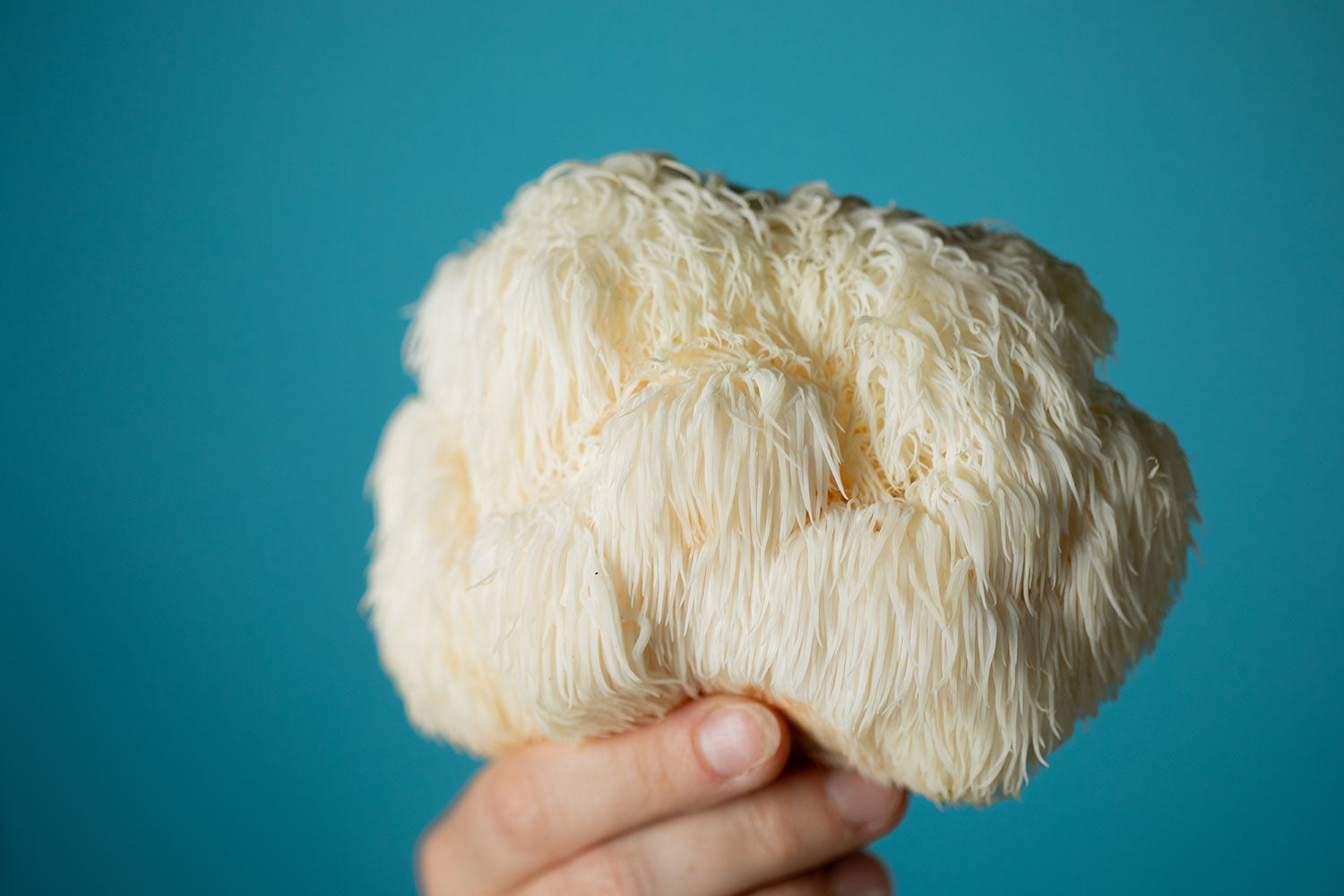
Beta-Glucans Explained
4 minute read

There’s a lot of hype surrounding fiber, but as you may know, it isn’t one nutrient. While all fibers are carbohydrates, there exist different varieties. Beta-glucans are a type of fiber responsible for numerous health-promoting properties, and you’ll find them in foods like barley, wheat, oatmeal and some mushrooms!
Because it’s a soluble fiber, beta-glucan isn’t digested but helps slow food transit in the intestines. It enables carbohydrates to absorb slower, resulting in more steady blood sugar levels. Furthermore, it may help eliminate cholesterol as it exits the body.
Furthermore, Beta-glucans are great probiotics and act as food for healthy bacteria in the digestive system.
Keep reading to know what beta-glucans are and how they benefit the body.
What are Beta-Glucans?
Dietary fiber exists in two major categories – soluble and insoluble.
The difference is that soluble fiber forms a thick, gel-like substance after dissolving in water. Insoluble fiber, on the other hand, doesn’t dissolve in water. Instead, it absorbs liquids as it journeys through the digestive tract.
Beta-glucan, therefore, is an example of soluble fiber. They’re available in plant cell walls, such as algae, fungi, bacteria, and yeasts. They’re also in the market as supplements.
Beta-glucans are a source of various health benefits, and there are extensive studies on their ability to improve blood sugar, decrease inflammation, lower cholesterol, and so much more.
How Do Beta-Glucans Work?
Beta-glucans slow down food as it passes through the intestines. The slow speeds increase the time the body takes to digest the food, which keeps you feeling fuller for longer.
Beta-glucans also slow down sugar absorption into the bloodstream. Thus, it helps stabilize blood sugar levels, improving blood sugar regulation.
In addition, this fiber helps reduce cholesterol absorption in the digestive tract, supporting a healthy blood cholesterol level.
What are the Benefits of Beta-Glucan?
Consuming beta-glucan has a variety of health benefits. They include:
Improves Heart Health
The Food and Drug Administration (FDA), in 1997, approved a claim about whole oat flour, oat bran, and whole oats containing beta-glucan, reducing the risk of heart disease. Fiber helps lower total and bad cholesterol levels in the blood, which triggers heart disease.
Regulates Blood Sugar
According to some studies, taking between 2.5 grams and 2.5 grams of beta-glucan daily for up to 8 weeks may reduce your fasting blood sugar levels. It also helps in regulating sugar for those who have type 2 diabetes.
Helps Stimulate the Immune System
Although there’s a need for extensive research, studies suggest that beta-glucan benefits the immune system. That said, multiple test-tube and animal studies find beta-glucan to help protect you against infections and activate immune cells.
To be more specific, beta-glucan increases certain immune cells like monocytes, neutrophils, and macrophages. Also, other studies indicate that beta-glucan decreases inflammation markers.
Anti-inflammatory
Inflammation is a primary aspect of most chronic ailments, such as cancer, type 2 diabetes, and heart disease. Thus, beta-glucans help suppress inflammation by reducing pro-inflammatory substances levels.
Furthermore, beta-glucan is a source of antioxidants that fight oxidative stress that contributes to inflammation. A study shows that you’ll find the highest antioxidant activity in beta-glucans found in barley.
Beta-Glucan Supplements
Beta-glucan supplements help enhance your heart health by reducing total and bad (LDL) cholesterol. These supplements may also aid weight management, promote digestive health, improve blood sugar levels, and boost fiber intake.
In other cases, you can beta-glucan topically to speed up tissue repair and wound healing. What’s more? The fiber may also be a natural cancer treatment option, thanks to its cell stimulation ability.
How Do You Take Beta-Glucan Supplements?
According to the Food and Drug Administration (FDA), consuming three grams of beta-glucan daily may help minimize cholesterol levels. Fortunately, you can still achieve this recommendation by maintaining a fiber-rich diet as part of your balanced diet.
Still, other people opt for supplements to boost their intake. Remember that all supplements aren’t equal and if you plan on purchasing the supplements, buy the products from reputable stores.
Also, you should understand that beta-glucan supplements may interfere with medications like high blood pressure and diabetes medication, and immunosuppressants.
Lastly, some of the beta-glucan side effects include bloating and nausea and some may experience diarrhea, mainly if you don’t consume lots of fiber.
It’s advisable to consult your doctor before consuming beta-glucan supplements.
Beta-Glucan Side Effects
When applied on the skin, beta-glucans may cause skin rashes in some people. If ingested, beta-glucans are safe, and there’s no report of any adverse effects save for nausea, bloating, and diarrhea in some cases.
The Bottom Line
Beta-glucan is a soluble fiber found in all of the mushroom supplements offered at Stay Wyld Organics. It’s associated with various positive health benefits like boosting immune health, improving blood sugar levels, and lowering cholesterol levels.
It’s widely available as a supplement and helps treat different conditions. However, the best way to increase your beta-glucan intake is through fiber-rich meals as part of sticking to a healthy diet.
Leave a comment
All comments are moderated before being published.
This site is protected by hCaptcha and the hCaptcha Privacy Policy and Terms of Service apply.
